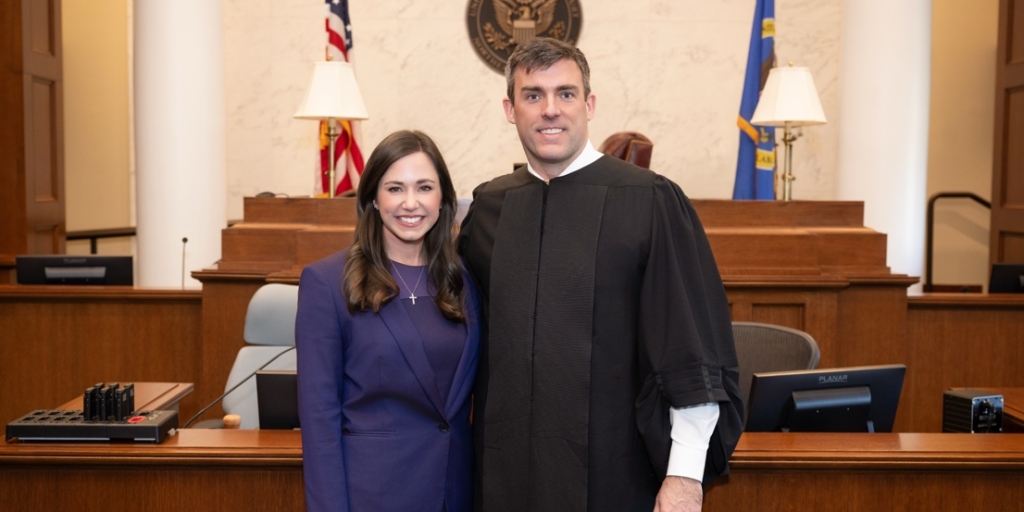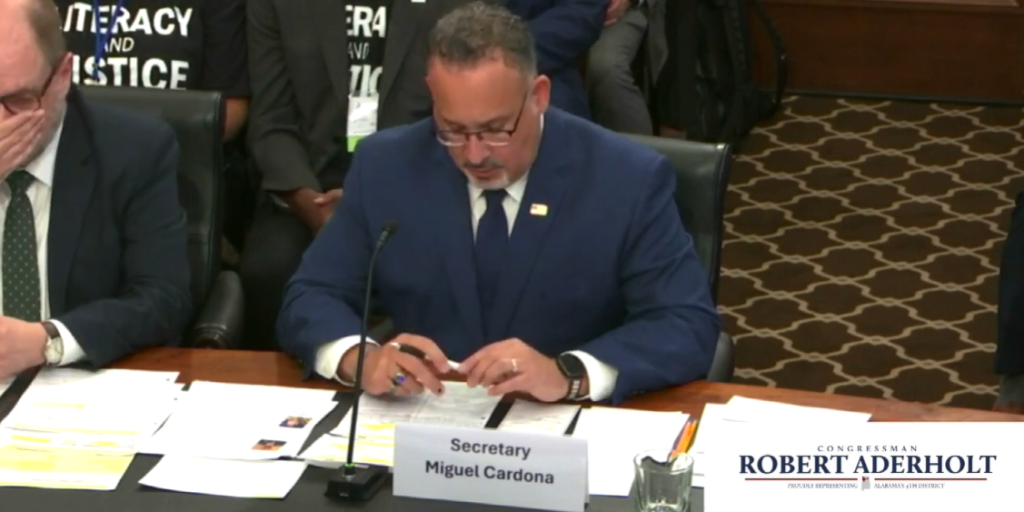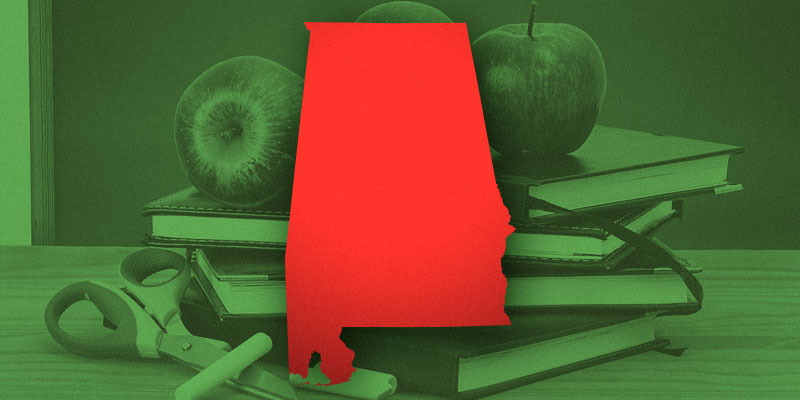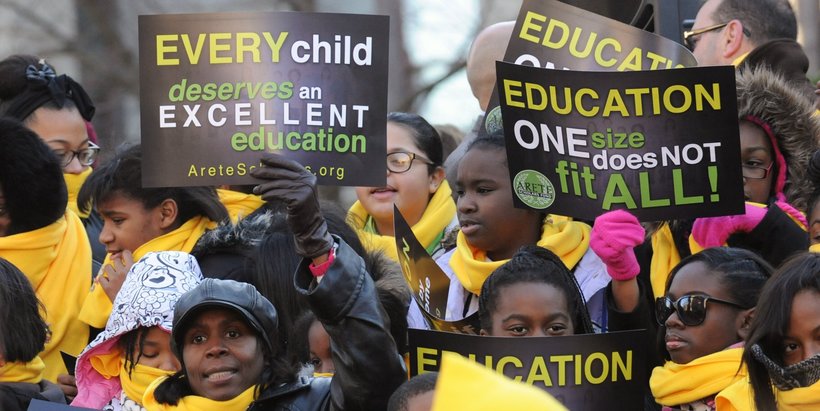
BIRMINGHAM, Ala. — Without a single vote in favor, the Birmingham Board of Education rejected the applications for two charter schools during its meeting on Tuesday. Currently, 13 of the city’s schools have received failing grades, and community activists have had enough.
During the meeting, many spoke up about how Birmingham’s schools are not presenting local children with the opportunity to succeed. One concerned citizen asked the board “Would you want your kids to go to Birmingham City Schools, for real?”
One of the rejected applicants, STAR Academy, wants to be part of the solution. Represented at the meeting by Pastor Thomas Beavers, those working to bring STAR to life were actually happy that the application failed at the present time. “I’m actually happy,” Beavers said to Al.com “I believe the board is adversarial to charter schools, so I’d rather somebody approve it who’s not adversarial to charter schools so that we don’t have to continuously answer to them.”
Among the reasons the board rejected the applications were concerns about finances, expenditures, construction, and their governance. Regardless of the explanation, advocates for STAR academy believe that the decision severely hinders Birmingham children’s access to quality education. “At the end of the day, this decision is failing kids,” Jonta Morris, the future principal of STAR academy, told Al.com. “The naysayers against charter schools did not present a solution to failing schools.”
Birmingham’s rejection of educational opportunity comes during the middle of National School Choice Week. According to its website, the goal of National School Choice Week is to raise public awareness of all types of education options for children. These options include traditional public schools, public charter schools, magnet schools, online learning, private schools, and homeschooling.
An analysis from the Cato Institute shows Alabama in the middle of the pack when it comes to school choice freedom in the 50 U.S. States. Alabama’s ranking was boosted by the private scholarship tax credit law in 2013–14, but conservative and libertarian policy makers still acknowledge there is work to be done.












